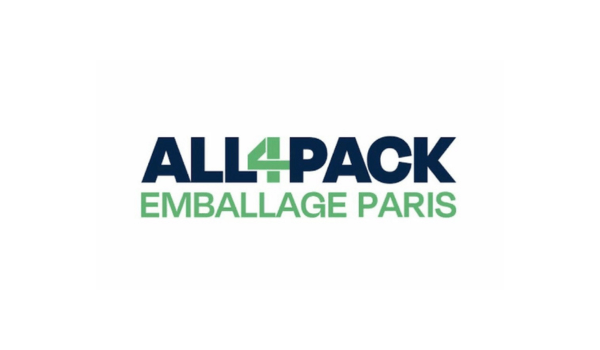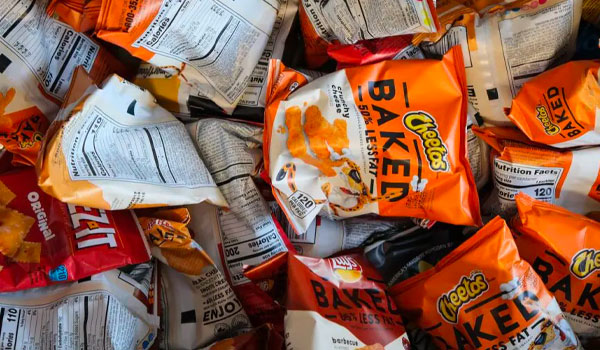

For years, farmers looking for less expensive fertilizer turned to treated sewage sludge. Now, however, there’s evidence the sludge may have contaminated as many as 20 million acres with so-called forever chemicals – per- and polyfluoroalkyl substances or PFAS, the Environmental Working Group reports.
The chemicals, which have turned up in food, water and human bloodstreams, have been linked to several forms of cancer, immune system suppression and reproductive problems.
EWG estimates the sludge could have been used legally on 5% of all U.S. cropland as there are no national requirements to test biosolids for PFAS.
The EPA reported that 19.1 billion pounds of sludge has been used on farmland since 2016. The sludge is produced as a by-product of treating wastewater, which includes industrial discharge of PFAS into rivers. The sludge is either distributed as fertilizer, put into landfills, or incinerated. Burning, however, does not destroy the chemicals; it just puts them into the air, and they eventually fall back to the ground.
The chemicals can build up and get taken up by edible plants, including major crops like corn, a study by Science & Technology found.
Food companies also have non-agricultural exposure to PFAS.
The food industry started using containers with PFAS as an alternative to plastic. Consumer Reports found (March 24) PFAS in grease-resistant food packaging, including:
- Fast-food wrappers
- Molded salad Bowls
- French fry bags and boxes
- Bottled water
- Single use paper plates
- Microwave popcorn bags
- Pet food bags
- Fiber trays
- Chip bags
- Baking cups
- Pizza trays
- Bakery boxes
- Soup containers
“Fast food containers are particularly concerning as they touch our food directly and thus have a higher and faster transfer potential,” Trevor Craig, director of food and nutrition at Microbac Laboratories, told The Food Institute.
Craig noted that until recently there has been little regulation of PFAS and tests for identifying them and treatment options are just now being evaluated for safety.
Last month, Vermont Governor Phil Scott signed legislation granting class-action status to anyone with elevated levels of PFAS. And EmpowerDX has developed a test that it says can identify 40 PFAS in the blood.
Copied From foodinstitute.com




